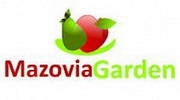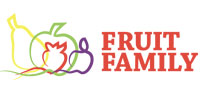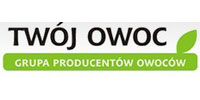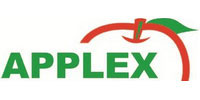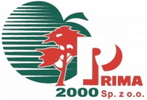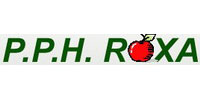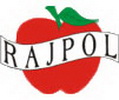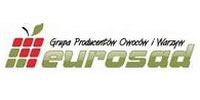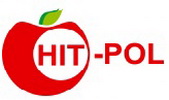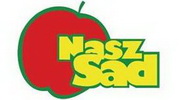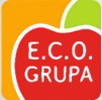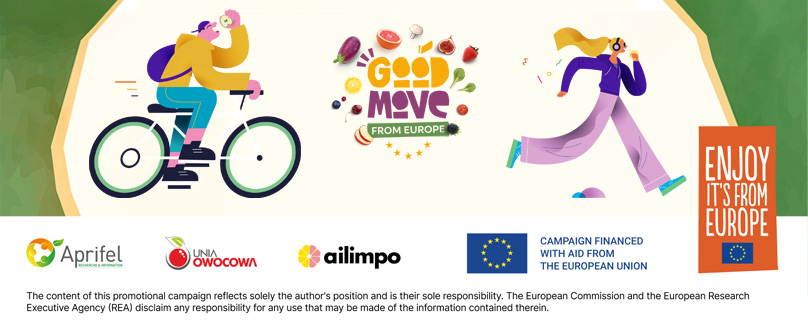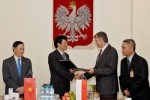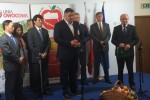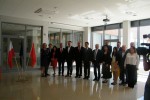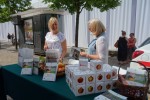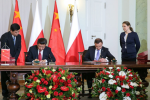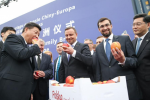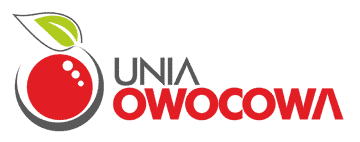When Russia closed its borders last summer, the Polish top fruit sector was hit hard. In one blow, the country lost the most important market for their apples. In the months that followed, more and more reports came in about new markets. As recently as November, an agreement was reached with Vietnam about the apple export. What did the Polish government do?
The Polish export to Russia for agricultural products amounted to 1.67 billion dollars. The banned products represent a value of 1.1 billion dollars. For certain products, including apples, tomatoes and cucumbers, stone fruit and cabbage, Russia was a crucial market for sales.
 This year, the Polish apple harvest could end up lower than last year. While the August WAPA figures still mention a stable volume, Polish media are now talking about a decrease in volume below the estimated 3.8 million tonnes, last year’s record volume. In the October estimates, the Polish statistics bureau reckoned with a six percent decrease compared to last year, and eight percent less than in July’s estimates. In tonnes, there is talk of three million tonnes. Main cause for the lower volume is the drought in July and August.
This year, the Polish apple harvest could end up lower than last year. While the August WAPA figures still mention a stable volume, Polish media are now talking about a decrease in volume below the estimated 3.8 million tonnes, last year’s record volume. In the October estimates, the Polish statistics bureau reckoned with a six percent decrease compared to last year, and eight percent less than in July’s estimates. In tonnes, there is talk of three million tonnes. Main cause for the lower volume is the drought in July and August.
Drama expected after boycott
“I think that at the start of the Russian boycott, everyone thought it would be dramatic, because Russia is our biggest market,” says Patrycja Bilińska of Polish apple exporter Galster. “Advanced and dynamic companies like ours found new markets very quickly.” The Polish government made an effort to decrease the pressure on the sector in various ways.
In addition to making use of the European support package, the Polish consumer was encouraged to buy domestic apples, and demand increased in the processing industry. The industry offered attractive prices. In the 2014/2015 season, sixty percent of the Polish harvest was processed. In the five previous seasons, that was 50 to 54 percent. The apples were processed into cider, for instance. The apple drink piggybacked on the consequences of the embargo. The trade ban even turned out to be a good thing for cider, which gained in popularity. The market tripled in size between June 2014 and May 2015. While in 2013 two million litres of cider were produced, this had increased to 10 million litres in 2014, figures from the Polish winemakers association show. For this year, a production of 20 million litres of cider is expected.
New markets
In addition to the measures taken, the sector and the government went looking for new markets. The export of fresh apples decreased considerably due to the closed Russian border. In April, the Polish minister of Agriculture said that the export growth wouldn’t be visible immediately. “At the moment, the boycott forces us to look for markets all over the world,” the minister told Polish media. “Unfortunately this won’t be successful in the short term. I believe we aren’t exporting more than forty percent of what we would like. Every market, whether it’s India, Indonesia, Singapore or the United States, is very much needed.”
Several countries were added to the list of export destinations. Belarus, Ukraine, Lithuania and Germany rose to the top of the list as major export markets for apples. There were also newcomers on the list: Saudi Arabia, Serbia, Turkey, Algeria, Canada, India, United Arab Emirates and Bangladesh. Patrycja adds a few other countries: “We currently have clients in Angola, Algeria, Hong Kong, Saudi Arabia, India and several European countries.”
Publication date: 12/15/2015
Author: Rudolf Mulderij
Copyright: www.freshplaza.com
http://www.freshplaza.com/article/150541/Polish-search-for-new-markets-successful?utm_campaign=highlights&utm_medium=email&utm_source=12/19/2015






